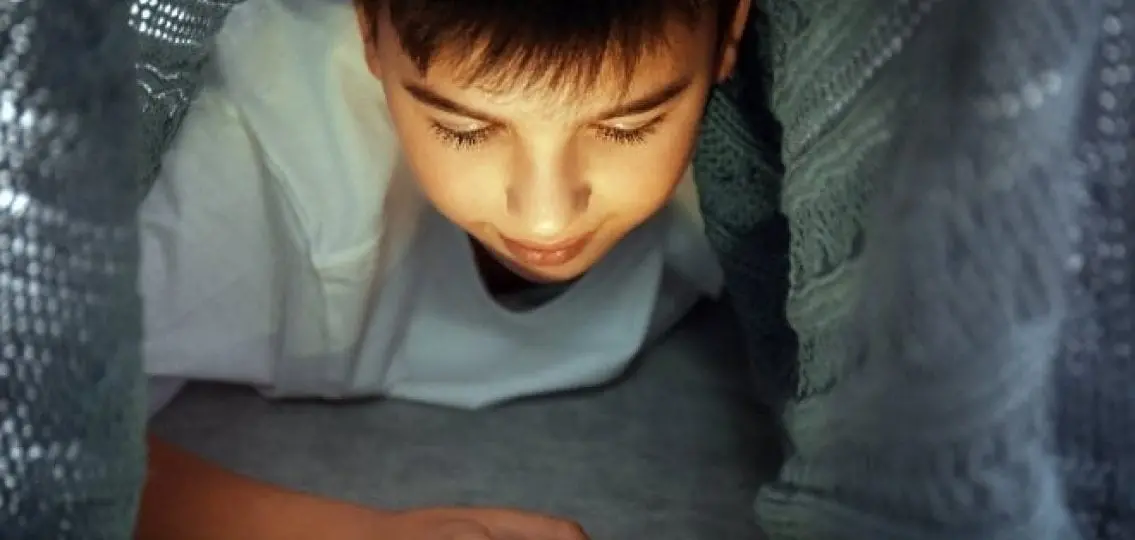These days, teenagers use their phones for everything and that includes sexting. Results from a 2018 study of 110,000 teens conducted by researchers at the University of Calgary reveal that one in seven teens sends sexts, and one in four teens receives them.
Is it so surprising that teenagers—a generation of digital natives—would use technology in this way?
“Not at all,” says Dr. Barbara Greenberg, a psychologist and author of Teenage as a Second Language.
“Teenagers throughout the decades have been testing out their sexuality, and now they’re doing that with sexting.”
Sexting is the practice of sharing explicit photographs, videos, or messages with another person via text messages or apps like Snapchat. “There is a place for sexting in mature relationships,” adds Greenberg. “Even 50-year-olds are doing it.”
Like other potentially risky behaviors, just telling teenagers not to sext—like telling them not to have sex—is ineffective. “We know abstinence education has been an absolute failure. And there’s no reason to think it’s going to work with sexting,” says Amy Hasinoff, author of Sexting Panic and an assistant professor of communications at University of Colorado Denver. “Studies show they know it’s risky, but they do it anyway. Same with adults.”
The key is to make sexting part of an ongoing conversation about safe sex. Sure, most parents would rather their teenagers didn’t have sex, but the fact is many will before they graduate from high school.
5 Recommendations for Talking about Sexting:
1. Avoid talking about sexting in a shaming way.
“Sexting is by no means deviant or pathological behavior,” stresses Hasinoff. “It’s really a normal part of a romantic relationship for a lot of people.” That’s certainly the case for 20-somethings who are sexting at higher rates than teenagers, she adds.
2. Talk about sexting in the context of consent and privacy.
Remind your teenager that all sexual acts—including sexting—require consent from a partner. No one should be pressured to sext. Notably, the National Campaign to Prevent Teenage Pregnancy study found that more than 60 percent of teenagers who’d sexted said they’d felt pressure to do it at least once.
Also remind your teenager that violating a partner’s trust by sharing a sext is never acceptable. Neither is participating in the dissemination of other people’s sexts.
“Put sexting in the context of other sexual behaviors,” suggests Hasinoff. “Every sexual behavior that involves another person carries physical and emotional risks. How do you decide the risk is worth the benefit? That’s a decision you have to make with every sexual act. Is this a person I can trust? The answer might be ‘Yes’ and it might be ‘No’. And you might make the wrong decision.”
3. Stay calm, listen, then talk.
“Don’t say things like, ‘If you sext, you will lose your iPhone,’” advises Greenberg. “Instead, let your teenager talk about it. It’s the same approach as when you don’t like one of your teenager’s friends. The way to go about it isn’t to say, ‘You can’t be friends.’ Instead, ask what they like about that friend and then get into what your concerns are.”
4. Stay away from hyperbole.
Threatening that sexting will ruin your teenager’s reputation—forever—doesn’t mesh with most teenagers’ real-world experiences. Even if your teenager hasn’t sexted, she likely knows many peers who have with no fallout. If you want your teenager to really hear your concerns, downplay the drama. Instead, talk realistically about the possibility that sexts can be shared—including after a breakup—and educate your teenager on the legalities of underage sexting in your state.
5. Explain the potential pitfalls of sexting:
Legal consequences: In some states, underage sexting can be prosecuted as child pornography. In others, it’s treated as a misdemeanor. Either way, it can land your teenager in legal trouble, but many teenagers don’t know that. More than 60 percent of students in the Drexel study said they were unaware of the possible legal consequences.
Privacy violations: Digital photographs and messages can be stored and shared—even from Snapchat—which, for some teenagers, can be devastating. According to the Calgary study, about one of eight teenagers have forwarded a sext without consent.
And if the worst happens? Say a nude or semi-nude photograph of your teenager is making the rounds? “Let them know you are there to support them and listen to their feelings.” says Greenberg. “Use it as a teaching opportunity.”



